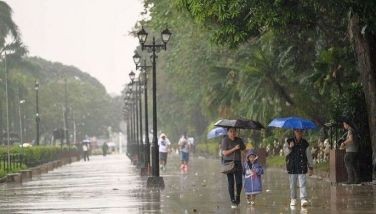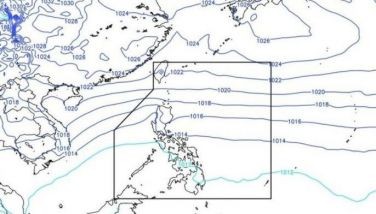DSWD-7: Mayor cannot remove 4Ps beneficiaries
CEBU, Philippines - The Department of Social Welfare and Development in Central Visayas has assured the beneficiaries of Panta-wid Pamilyang Pilipino Program that no mayors can touch them to advance their political interest in 2016 elections.
The agency made the clarification following reports that some mayors have been intimidating 4Ps beneficiaries that they will be removed from the list if they don’t vote for them.
Ruben Boybanting, the regional field coordinator of the National Household Targeting System for Poverty Reduction (NHTS-PR) of DSWD-7, said that no politicians can remove beneficiaries from the list unless they failed to comply with the conditions.
Boybanting said the local government unit is not also the source of the list of beneficiaries.
“Di sila kahimo ana,” assured Boybanting.
DSWD-7 information officer Kerwin Macopia said they will conduct intensive campaign regarding the program.
“We try to empower our partner beneficiaries sa ani nga program,” Macopia said.
4Ps is a human development measure of the national government that provides conditional cash grants to the poorest of the poor to improve the health, nutrition, and the education of children aged 0-18 which the DSWD is the lead implementing agency.
The 4Ps operates in all the 17 regions in the Philippines, covering 79 provinces, 143 cities, and 1,484 municipalities. Beneficiaries are selected through the NHTS-PR, which identifies who and where the poor are in the country.
There are two types of cash grants that are given out to household-beneficiaries under 4Ps. These are the health grant of P500 per household every month, or a total of P6,000 every year and the education grant of P300 per child every month for 10 months, or a total of P3,000 every year (a household may register a maximum of three children in the program).
For a household with three children, a household may receive P1,400 every month, or a total of P15,000 every year for five years, from the two types of cash grants given to them. These cash grants are distributed to the household-beneficiaries through the Land Bank of the Philippines or, if not feasible, through alternate payment schemes such as Globe G-Cash remittance and rural bank transactions. — (FREEMAN)
- Latest
- Trending
























